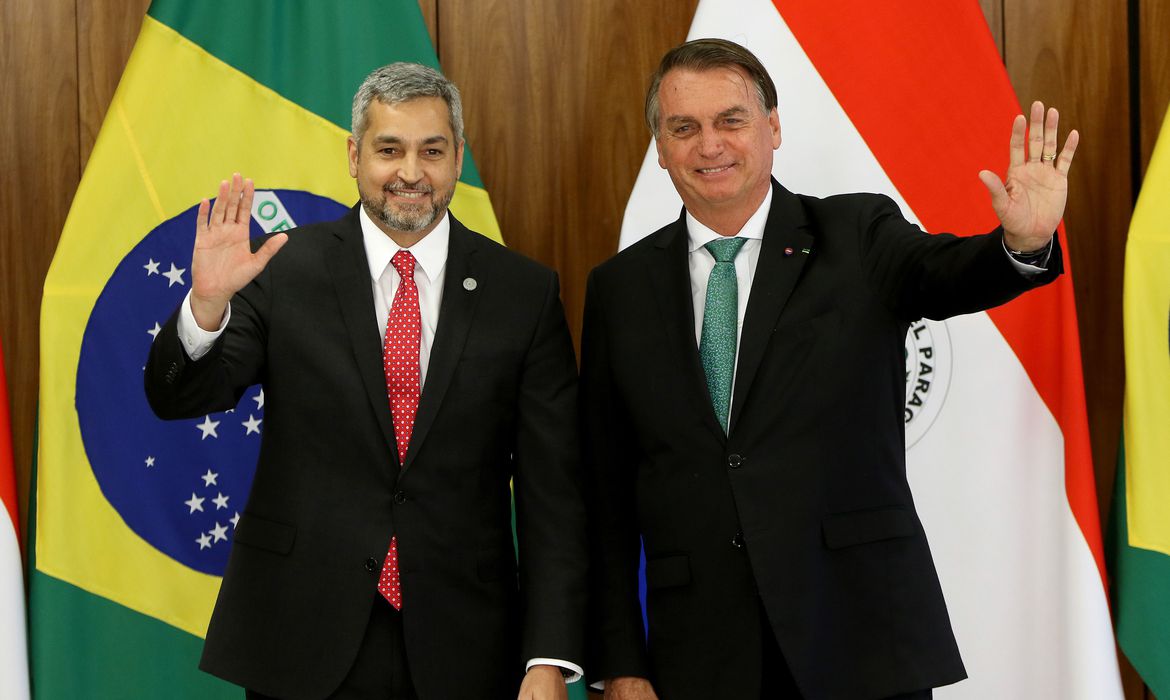RIO DE JANEIRO, BRAZIL – An agreement that ensures greater integration between the Brazilian city of Foz de Iguaçú and the Paraguayan municipalities of Ciudad del Este, Hernandarias, and Presidente Franco was approved by the Brazilian Chamber of Deputies. It must now be studied and analyzed in the Senate.
It is an agreement signed between Brazil and Paraguay that provides for the creation of a series of permits and intensifies the integration of public actions in border municipalities. The document benefits 28 Brazilian cities and 10 Paraguayan localities.
In practice, integration has already been achieved in this border region, but the agreement allows progress to be made on specific issues, such as allowing people to work, exercise a trade or profession in both cities, with no other requirement than the Border Neighborhood Transit card.

Today it is possible to exercise these tasks, but previously a series of legal requirements established in the legislation of each country must be fulfilled to be protected by the legal framework. Irregularly, thousands of workers perform tasks in both cities without any legal protection. This document remedies this situation.
Another noteworthy aspect is that the mere presentation of the Neighborhood Card will allow access to public education, medical care, and equal labor and insurance rights in both countries.
In addition, it guarantees a legal basis so that, under a reciprocity regime, they can follow up on the integration processes in force for the defense of citizenship.
PERSONAL USE
The agreement in Paraguay also guarantees access to quotas of goods such as food products, personal hygiene and cosmetics, cleaning, household products, medical prescriptions, clothing, footwear, books, magazines, and newspapers for personal use.
MORE BENEFITS
The terms of the agreement include the transportation of goods in small vehicles, without the need for authorization and complementary requirements, within limits established in the legislation of the two countries. It also allows the free circulation of public and private passenger transportation services following the principle of reciprocity established between the parties.
The holders of transit licenses may request to the local authorities of the two countries that their vehicles for private use may circulate freely between the territories, provided that they have insurance coverage for damages and accidents.
The municipalities and the municipalities of the cities of both countries may promote, by mutual agreement, the elaboration and execution of an Integrated Development Plan in the linked localities where it is possible and convenient.

